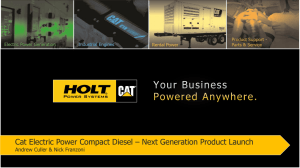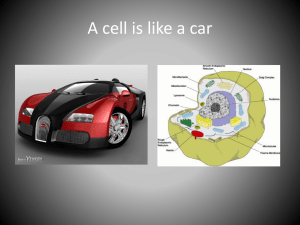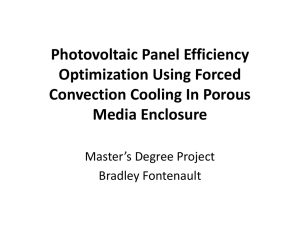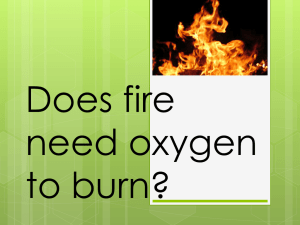May 1, 2011 - AXI International
advertisement
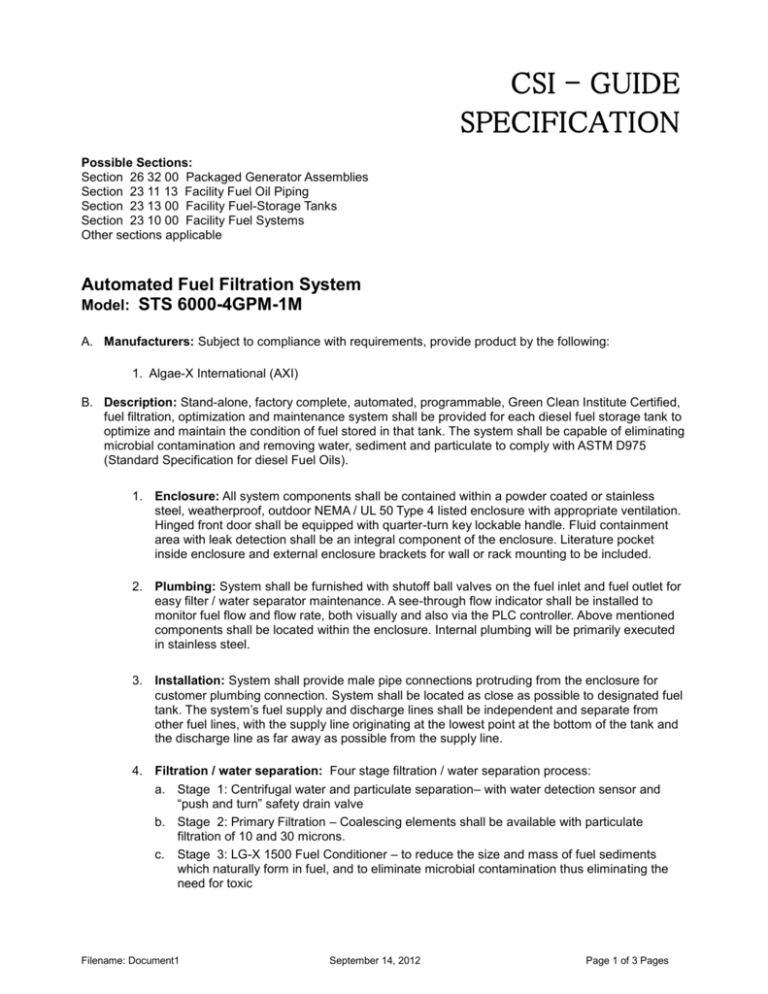
CSI - GUIDE SPECIFICATION Possible Sections: Section 26 32 00 Packaged Generator Assemblies Section 23 11 13 Facility Fuel Oil Piping Section 23 13 00 Facility Fuel-Storage Tanks Section 23 10 00 Facility Fuel Systems Other sections applicable Automated Fuel Filtration System Model: STS 6000-4GPM-1M A. Manufacturers: Subject to compliance with requirements, provide product by the following: 1. Algae-X International (AXI) B. Description: Stand-alone, factory complete, automated, programmable, Green Clean Institute Certified, fuel filtration, optimization and maintenance system shall be provided for each diesel fuel storage tank to optimize and maintain the condition of fuel stored in that tank. The system shall be capable of eliminating microbial contamination and removing water, sediment and particulate to comply with ASTM D975 (Standard Specification for diesel Fuel Oils). 1. Enclosure: All system components shall be contained within a powder coated or stainless steel, weatherproof, outdoor NEMA / UL 50 Type 4 listed enclosure with appropriate ventilation. Hinged front door shall be equipped with quarter-turn key lockable handle. Fluid containment area with leak detection shall be an integral component of the enclosure. Literature pocket inside enclosure and external enclosure brackets for wall or rack mounting to be included. 2. Plumbing: System shall be furnished with shutoff ball valves on the fuel inlet and fuel outlet for easy filter / water separator maintenance. A see-through flow indicator shall be installed to monitor fuel flow and flow rate, both visually and also via the PLC controller. Above mentioned components shall be located within the enclosure. Internal plumbing will be primarily executed in stainless steel. 3. Installation: System shall provide male pipe connections protruding from the enclosure for customer plumbing connection. System shall be located as close as possible to designated fuel tank. The system’s fuel supply and discharge lines shall be independent and separate from other fuel lines, with the supply line originating at the lowest point at the bottom of the tank and the discharge line as far away as possible from the supply line. 4. Filtration / water separation: Four stage filtration / water separation process: a. Stage 1: Centrifugal water and particulate separation– with water detection sensor and “push and turn” safety drain valve b. Stage 2: Primary Filtration – Coalescing elements shall be available with particulate filtration of 10 and 30 microns. c. Stage 3: LG-X 1500 Fuel Conditioner – to reduce the size and mass of fuel sediments which naturally form in fuel, and to eliminate microbial contamination thus eliminating the need for toxic Filename: Document1 September 14, 2012 Page 1 of 3 Pages d. Stage 4: Secondary Filtration – Uses a spin-on filter element. Elements shall be available with particulate filtration of 1, 3, 10, 25 microns, or dissolved and emulsified water absorbing “WB water block” filtration of 3 microns. e. Primary filter shall be equipped with a liquid-filled compound vacuum/pressure gauge and secondary filter shall be equipped with at liquid-filled pressure gauge. 5. Water Sensor: Watect Model 550 brand microcontroller-based water sensor alarm module to eliminate probe corrosion. 6. Controls / Display functions: System control features, indicator lights and emergency stop button shall be located on a descriptive external control panel on the front door of the enclosure for easy operator access. Additional alarm and system status information shall be displayed inside system on the PLC text screen. System shall provide the following control and display functions via a Siemens PLC controller: a. Programmable Digital Timer – Memory backup to retain program memory during power outages b. Pump operating hour counter c. Pump control switch (Auto-Off-Manual) - Weatherproof, key operated, external front panel access d. Alarm Reset - Weatherproof pushbutton, external front panel access e. Power available indicator - Green LED indicator light, external front panel display f. Pump running indicator - Amber LED indicator light, external front panel display g. High vacuum, high pressure, no flow, high water and leak detection alarms - Red LED indicator lights, external front panel display h. Emergency Stop mushroom-top pushbutton - Red, latching with turn to reset, external front panel access 7. Electrical enclosure / Controller: All electrical control features shall be contained within a separate UL 508A listed industrial control panel located within the mechanical enclosure. The controller shall monitor the following system alarm conditions: a. Leak in enclosure (system shutdown) b. Primary Filter/Water Separator high vacuum (system shutdown) c. Primary Filter/Water Separator high water level (system shutdown) d. Secondary filter high pressure (system shutdown) e. Flow switch inadequate flow (system shutdown after priming delay) f. External system shut down input 8. Pump: Positive displacement, internal gear, direct coupled, rotary pump with cast iron housing and built-in pressure relief bypass valve. Pump flow rate of 4 gallons per minute. 9. Motor: UL Listed, TEFC, Thermal overload protection, continuous duty C. Performance / Design Criteria: System shall be capable of filtering the entire tank volume with a required filtration run-time of ideally 24 hours but no more than 48 hours. Sufficient sediment as well as water-holding capacity should be ensured. System run-time requirements will vary with climate, tanklayout, fuel delivery, refueling intervals, etc. and adjusted in accordance with the input from pressure and vacuum gauges as well as water sensor. D. Operation: System shall provide dry contacts for summary alarm and leak detection alarm to interface with building monitoring or building alarm system. An external shut down feature shall be provided to interrupt pump operation from a remote location such as a BMS. Additionally, the System may be remotely controlled by deactivating the PLC Controller timer. DISCLAIMER STATEMENT This guide specification is intended for use by a qualified construction Specifier. It is meant to be used in conjunction with the procedures of each design firm, and the particular requirements of a specific construction project. Filename: Document1 September 14, 2012 Page 3 of 3 Pages

